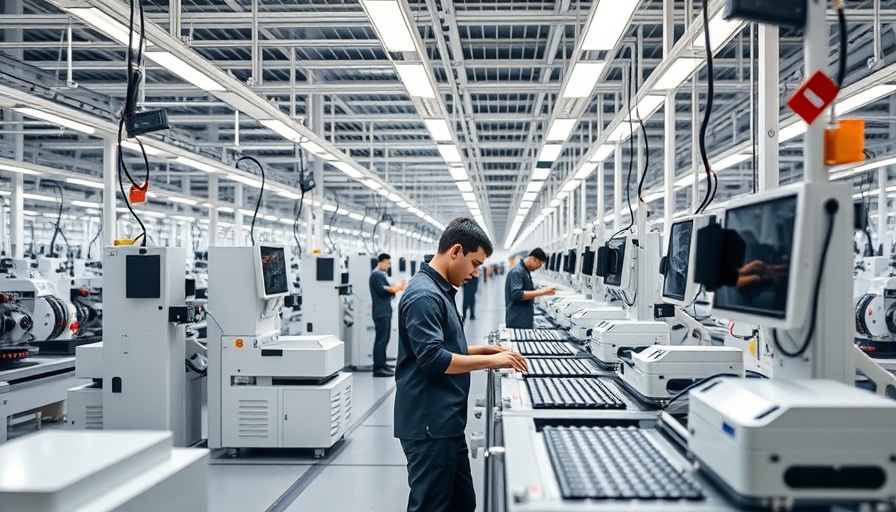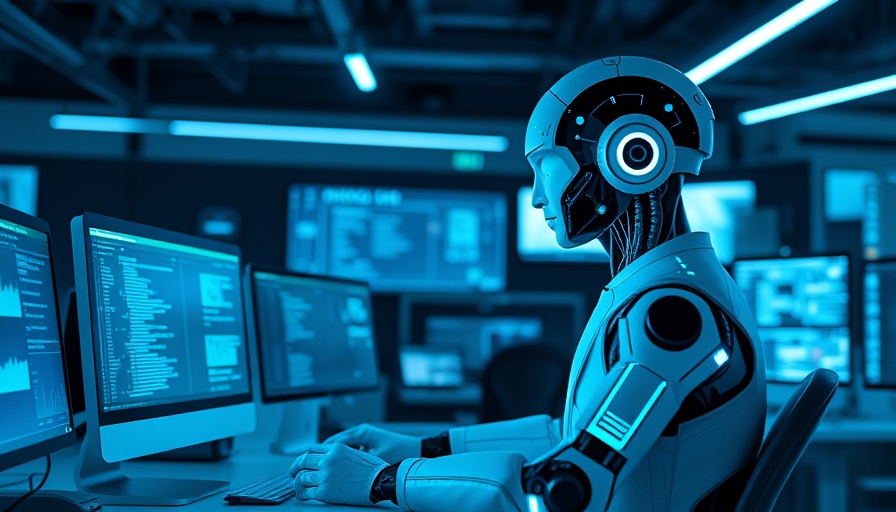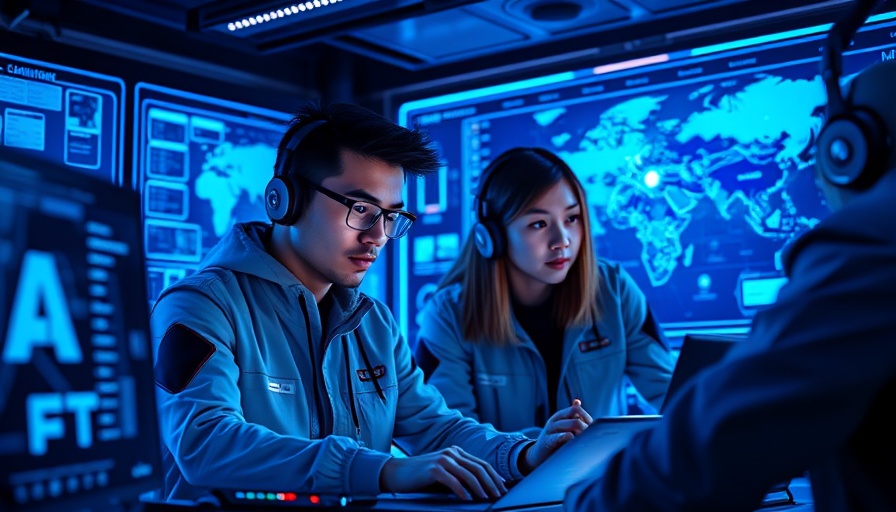
The Rise of AI-Generated Music
In an era where technology is interwoven with creativity, ElevenLabs has made a mark by launching its AI music generator, announcing it as being cleared for commercial use. This innovative step signifies the company's expansion from its established focus on AI voice tools into the burgeoning realm of music generation. ElevenLabs, which has distinguished itself as a leader in AI-driven text-to-speech technology, now aims to redefine the music landscape, making it accessible for creators, advertisers, and the music industry.
A Bold Move in the Music Industry
The news of ElevenLabs' new AI music generator hits the music industry like a rocket. Users can create unique tracks, as the launch included some impressive samples: one catches attention with its synthetic voice rapping about ambition and personal growth, echoing the souls of iconic hip-hop artists. This raises eyebrows and concerns, especially considering that the tech attempts to mirror the authentic experiences of real artists like Kendrick Lamar and Dr. Dre.
Legal Implications of AI Music Generation
Previous lawsuits have cast a shadow on the AI music domain, particularly highlighting the delicate balance between innovation and legal turmoil. Companies like Suno and Udio faced the Recording Industry Association of America (RIAA) for allegedly using copyrighted materials to train their AI models without permission. Learning from these cautionary tales, ElevenLabs has proactively inked collaborations with respected organizations like Merlin Network and Kobalt Music Group. These partnerships allow ElevenLabs to utilize their catalog while ensuring a transparent relationship regarding licensing and compensation.
Why Licensing Matters for Artists
These licensing agreements hold significant implications for artists, marking a shift in how musicians could monetize their work in the ever-evolving landscape of AI. As noted by representatives from Kobalt, artists have to voluntarily opt in for their music to be utilized in AI training, which gives them control and choice over their creative output. This arrangement assures that musicians directly benefit from the AI developments, fostering trust and collaboration in an otherwise uncertain domain.
Future Predictions: What Lies Ahead for AI in Music?
The future of AI music generation looks promising and fraught with challenges. As technology continues to develop, questions about ethics, creativity, and ownership will become increasingly urgent. Will AI-generated music replace human artists, or will it serve as a new tool that enhances artistic creativity? The direction we take will largely depend on ongoing discussions about regulation, ethics, and the music industry's readiness to adapt.
Exploring Broader Impacts on the Music Landscape
The rise of AI-generated music will likely extend beyond personal use, posing opportunities and potential disruptions for record labels, producers, and songwriters. Emerging technologies could automate aspects of music production, potentially lowering costs and broadening access for independent artists. However, this could also challenge traditional gatekeepers in the industry, prompting a reevaluation of how music is created and consumed.
Actionable Insights for Music Creators
For independent musicians and creators, this shift opens new doors. Engaging with AI tools could provide fresh ideas and innovative soundscapes. Artists should explore partnerships with companies like ElevenLabs to stay ahead in this competitive landscape. Furthermore, understanding emerging trends and potential revenue streams from AI use will be critical for effectively navigating this new terrain.
If you're an artist or a listener, keeping tabs on developments in AI-generated music can offer insights into future trends in creativity and expression. Stay informed and get involved, as the music landscape continues to evolve in thrilling and unpredictable ways.
 Add Row
Add Row  Add
Add 



Write A Comment